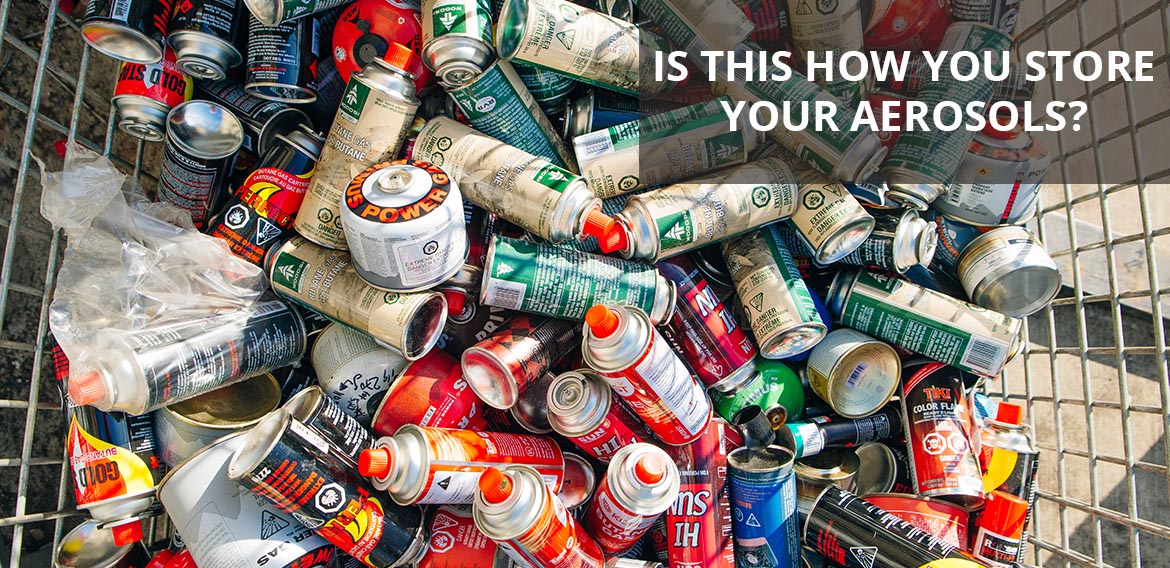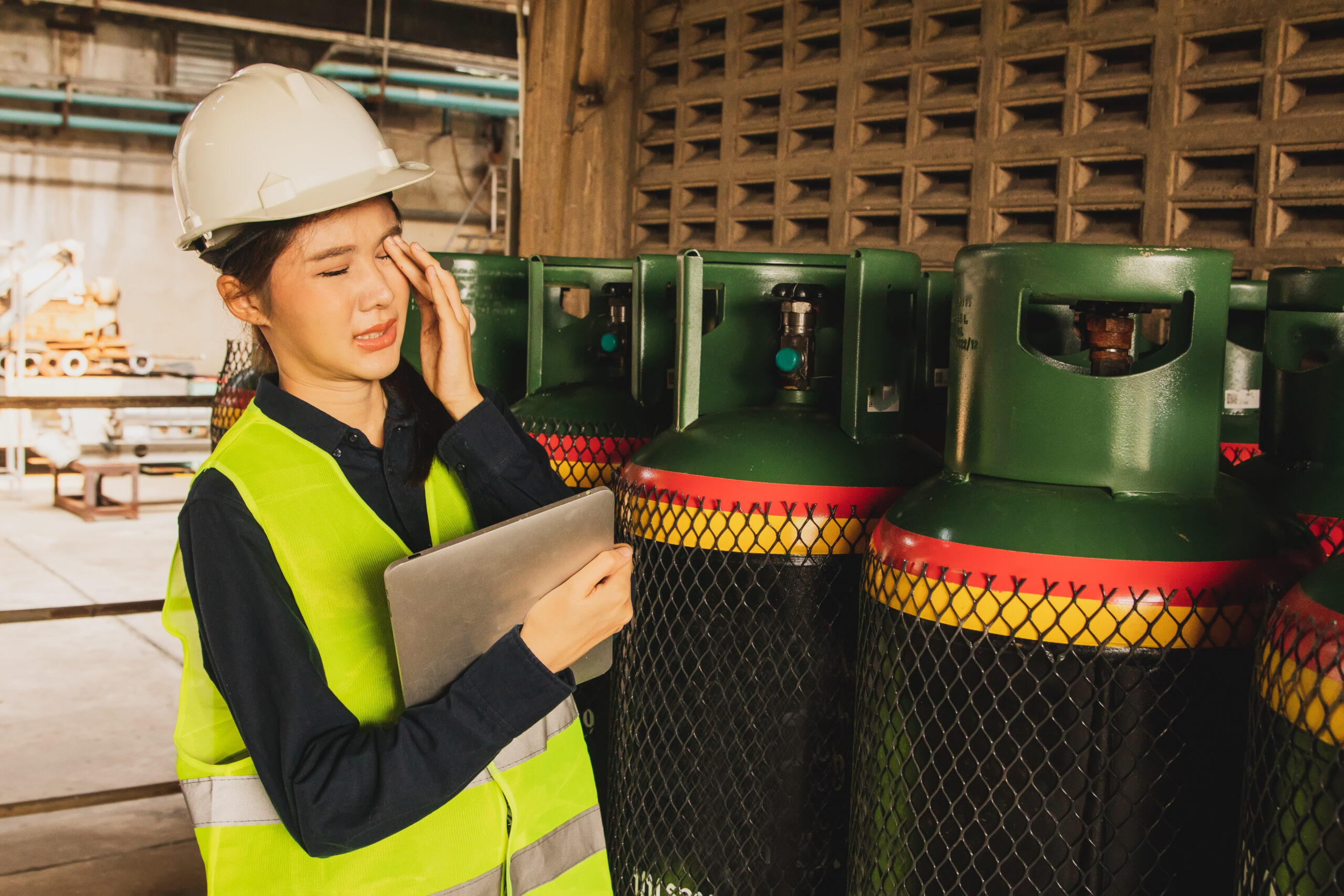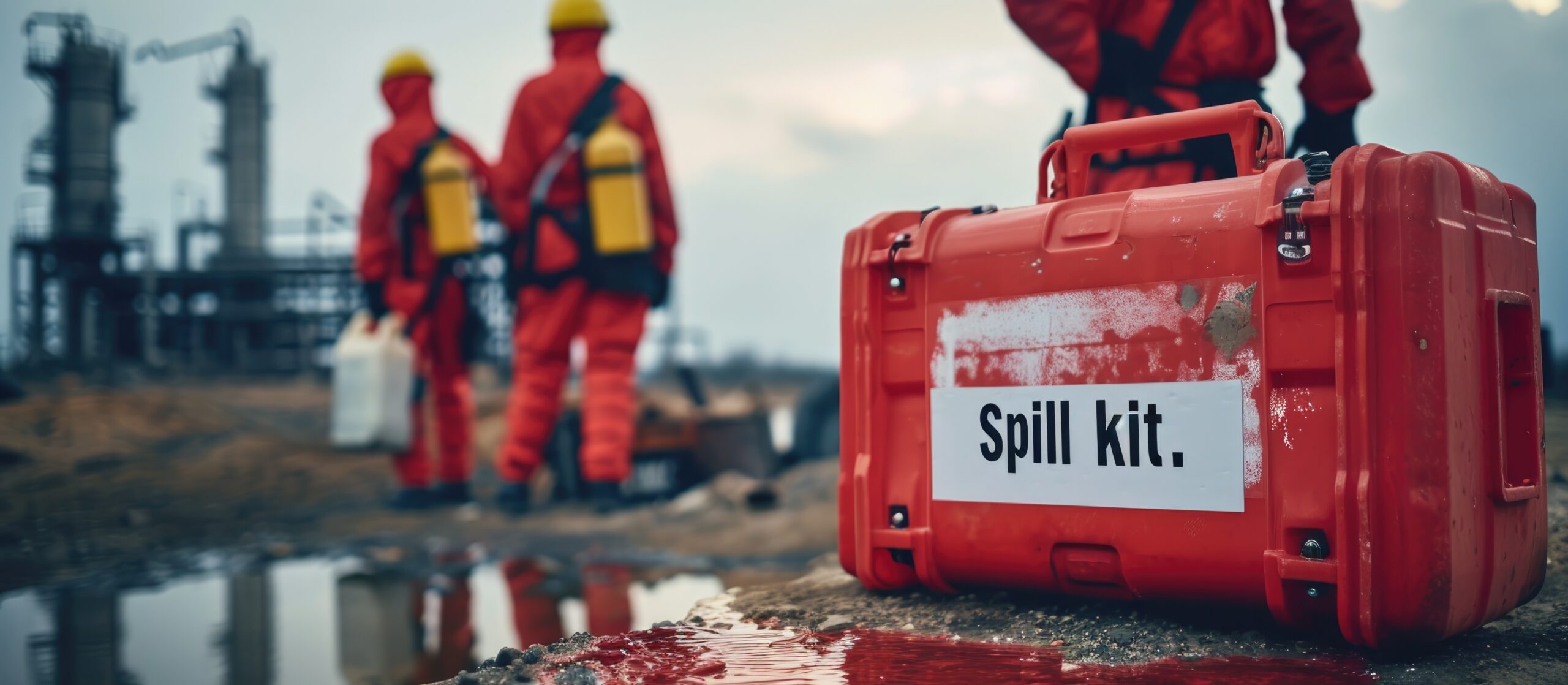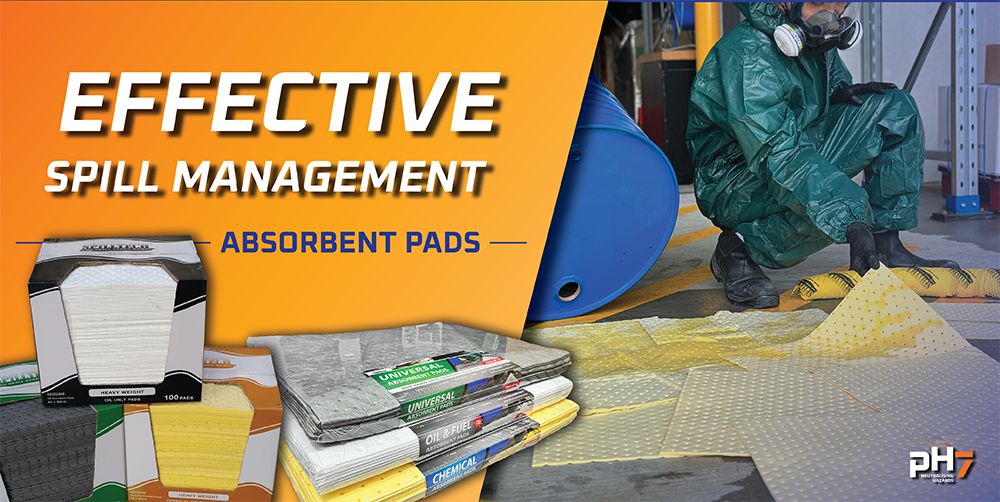One of the most common sights we see when visiting workshops and industrial facilities to advise on best practice for handling and storing hazardous substances, is poor house keeping of flammable aerosol cans.
Aerosol cans are incredibly convenient and useful, which is why we see them on nearly every work site we visit. However, its worth remembering that these are hazardous substances (Class 2.1.2A) which can present several risks including:
- Explosion – Aerosol cans are pressurized and if heated can result in an explosion. Below are a couple of real-life examples:
- Aerosol adhesive exploding and burning a worker after being left too close to a heat gun
- Two chefs burnt when cooking oil spray can exploded after being left on hot plate.
- Flaming projectiles – the most common propellants used are highly flammable hydrocarbons such as propane, N-butane and isobutane. In the event of a fire, aerosol cans may become flaming projectiles, spreading fire to different areas or a workplace.
- Respiratory risks – Aerosols work by turning liquids under pressure into very small aerosols that can penetrate deep into the lungs.
Good housekeeping when it comes to Aerosol cans should include the following:
- Like all hazardous substances, your aerosol cans should be listed in your inventory, you should have an SDS on hand, complete a risk assessment and ensure workers are aware of the risks and properly trained.
- When not in use, keep your flammable aerosols in a gas cage. Aerosol gas cages allow gases to disperse into the atmosphere through their mesh walls and will contain the aerosol cans, even if they explode. It should be noted that gas cages should always be placed at least 3m from an ignition source.
- When using aerosols ensure they are kept away from heat or ignition sources. It is never a good idea to use flammable aerosols around sparks or flames. Similarly, avoid leaving aerosol cans in vehicles or anywhere that could get hot.
- If your aerosol can is damaged in anyway, you should dispose of it as damaged cans could leak flammable gas or explode without warning.
- Dispose of empty aerosols responsibly. Many councils prefer that you place aerosol cans in recycling rather than general waste.
These simple housekeeping measure can help you reduce the risks posed by flammable aerosol cans. Just because they are common does not mean they are without risk. Treat all hazardous substances with the caution they deserve.
If you’d like any advice on the best way to store your aerosol cans, then talk to the team at ph7 International on 0800 323 223, email enquiries@ph7.co.nz or visit us online at www.ph7.co.nz.







